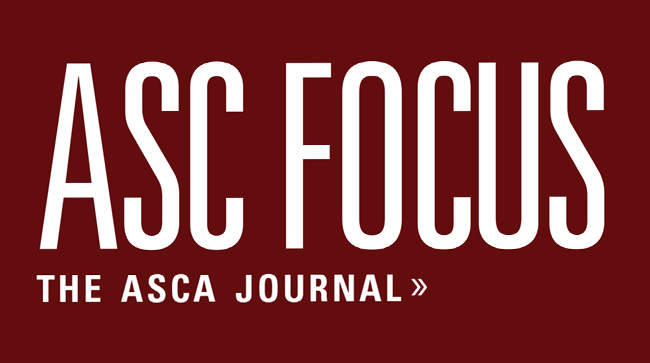
Editor's Note President Donald Trump’s latest round of tariffs—especially steep duties on Chinese imports—has sharply divided the medical community, with device manufacturers urging exemptions while some US-based PPE producers cheer the protectionist move. CNBC reported the news April 16. The tariff rate on China is 145%, the outlet reports, while…

Imagine completely eliminating surgical site infections (SSIs) without significantly disrupting perioperative workflows. At Magic Valley Regional Medical Center (MVMC), a mid-sized community hospital in Twin Falls, Idaho, a nurse-led pilot project accomplished just that for breast and colorectal surgeries. As for other procedures, overall infection rates are down by nearly…

Editor's Note High-level disinfection (HLD) fails to reliably eliminate harmful microbes from flexible endoscopes in real-world healthcare settings, according to a review of endoscope processing effectiveness published April 8 in the American Journal of Infection Control. The review highlights routine breaches in cleaning protocols and links contaminated endoscopes to numerous…

Editor's Note Taking GLP-1 receptor agonists before anesthesia increases the risk of residual gastric contents, but evidence is lacking for a corresponding increase in perioperative pulmonary aspiration risk, according research published April 15 in the journal Anaesthesia. The systematic review and meta-analysis analyzed 28 observational studies involving over 466,000 patients…

Editor's Note Ambulatory surgery centers (ASCs) across the US have quickly adapted to the new federal requirement mandating participation in the Outpatient and Ambulatory Surgery Consumer Assessment of Healthcare Providers and Systems (OAS CAHPS) Survey, according to a March 2025 "60-Second Survey" from ASCA. The survey captured responses from 261…

Editor's Note Chasing size through mega-mergers no longer guarantees sustainability for health systems, according to an April 15 article in HealthLeaders. Many of the nation’s largest systems are reporting significant losses, while emerging evidence links consolidation to stagnant or declining care quality and worsening workforce challenges. The article highlights financial…
Editor's Note Healthcare organizations are improving their ability to respond to cyberattacks but continue to fall short on preventing them—particularly when it comes to managing third-party and asset-related risks. That’s the key takeaway from the 2025 Healthcare Cybersecurity Benchmarking Study conducted by KLAS Research and partner organizations. Surveying 69 healthcare…

Editor's Note The OR Manager Conference announces Dan Weberg, PhD, MHI, RN, FAAN, executive director of nursing workforce development and innovation at Kaiser Permanente, as the opening keynote speaker. Dr. Weberg—ER nurse turned executive, innovation expert, and nationally recognized thought leader—will deliver “Healthcare’s ‘Blockbuster Moment’: Innovation, disruption, and the future…

Editor's Note New research shows bariatric surgery may offer better outcomes and lower overall spending than lifestyle changes for patients with cirrhosis, especially mild cases, Medscape reported April 9. The article focuses on a study published in Jama Surgery detailing both the survival benefits and long-term cost-effectiveness for patients with…

Editor's Note The Centers for Medicare & Medicaid Services (CMS) will no longer approve federal matching funds for designated state health programs (DSHPs) and designated state investment programs (DSIPs) that are not directly related to Medicaid services. According to the April 10 announcement, the decision aims to preserve the core…